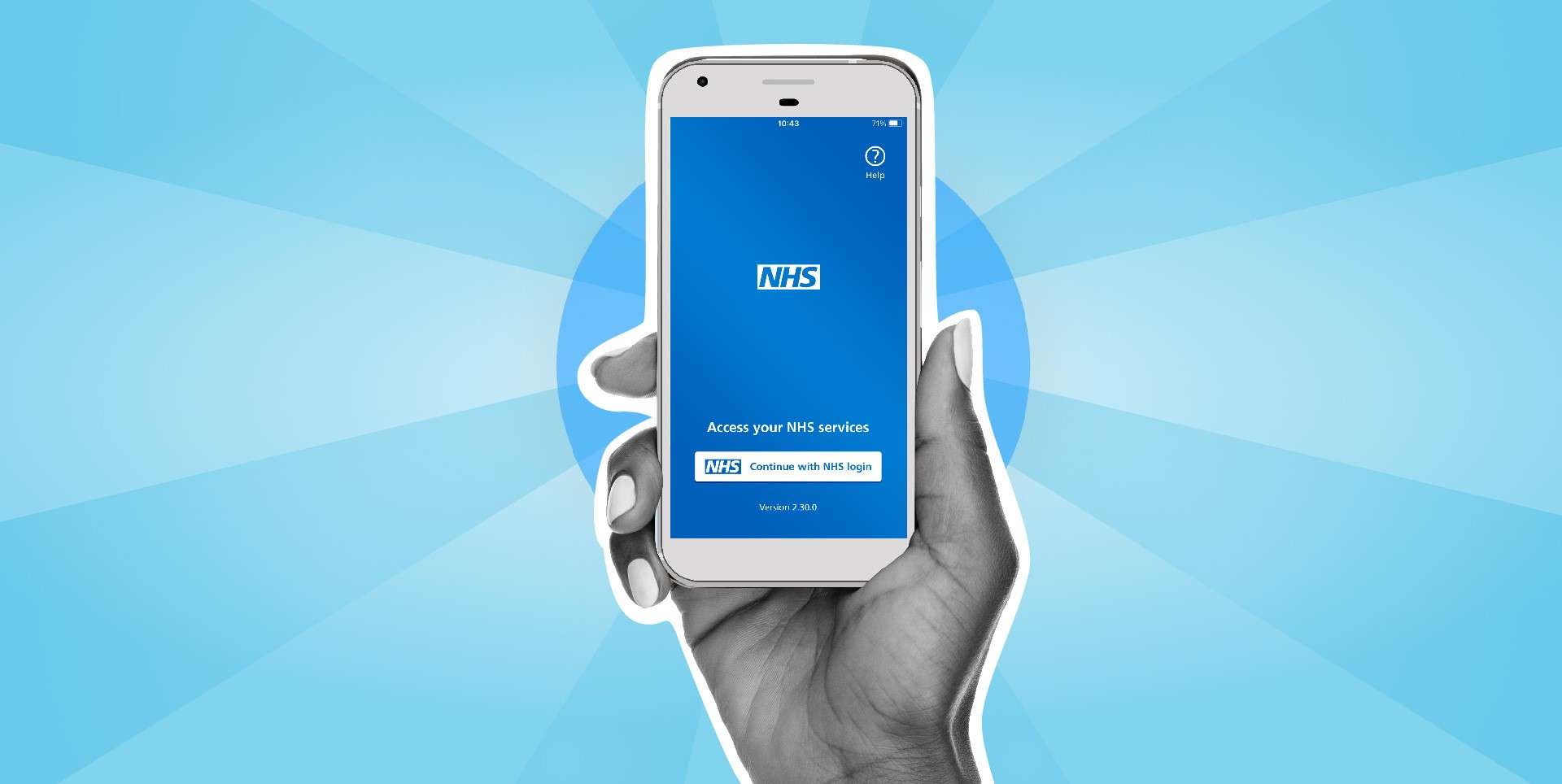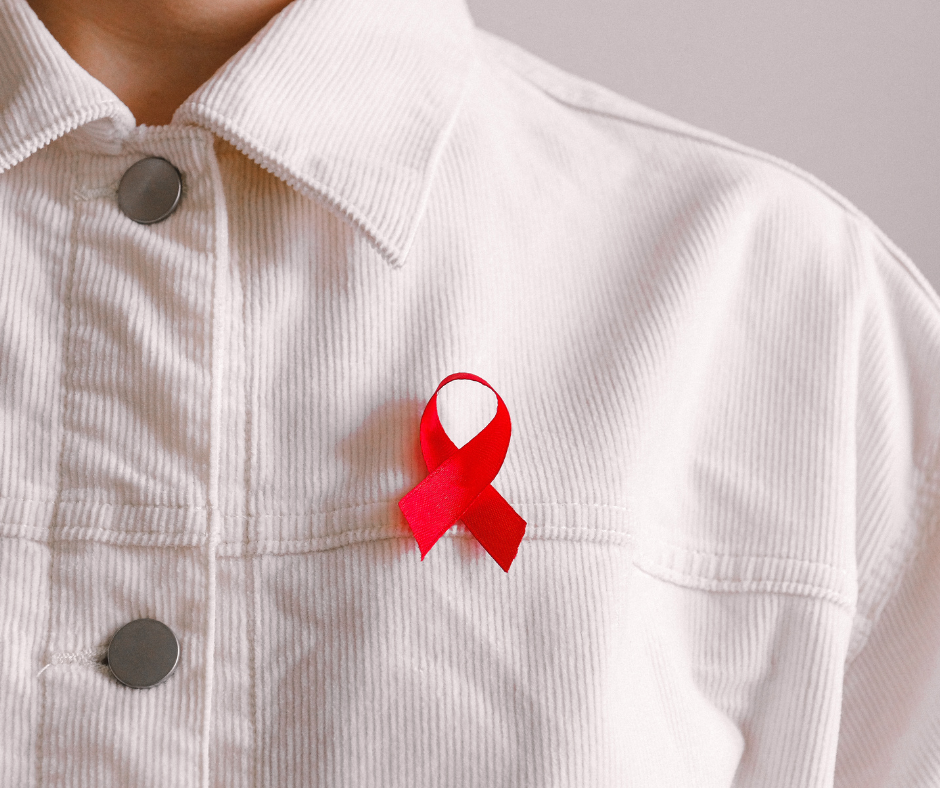Plans announced to expand remit and availability of the non-emergency advice system
Credit: StockSnap/Pixabay
The NHS 111 service is to included in the NHS App as part of plans to increase the availability of the non-emergency care service and expand the types of support it can offer.
The service is used by about 50,000 people each day and can currently be accessed online or via a telephone helpline. Its addition to the NHS’s core application means that the software’s 30 million users will soon be able to access it directly via the app, which the NHS said will “make it even easier and more convenient for people to use”.
In addition to the expansion of routes through which it is offered, 111 will now incorporate new specialist care services, including an option for users with urgent needs to select a dedicated mental health option when they access the service.
The advice platform will also include support from paediatricians, who will be able to refer children for a same-day hospital appointment, where necessary.
Related content
- Seven million people signed up for NHS app last year
- NHS app to widen users’ access to health records
- Half of population now has NHS digital login
Boosting the NHS 111 service is part of wider plan to help ease the current pressure on emergency-care services and reduce patients waiting times. Published earlier this week, the plan sets out various initiatives to use technology to help prevent or shorten trips to hospital – including the expansion of so-called virtual wards, through which ministers hope to be able to provide at-home treatment for as many as 50,000 patients a month.
NHS chief executive Amanda Pritchard said: “The NHS has experienced the start of a winter like no other – the threat of the flu and covid ‘twindemic’ became a reality and that was alongside huge demand for all services – from ambulance and A&E services to mental health and GP appointments. It is thanks to meticulous early planning and the hard work of NHS staff that despite these significant pressures, we have continued to deliver care to hundreds of thousands of people day in and day out.
She added: “We are taking our plans and preparations even further – building on the extra beds, call handlers and 24/7 control centres – and focusing on new and existing technologies and innovations to transform the way people access our services and ensure they get the most appropriate care for their individual needs. Whether it is expanding our NHS 111 offer for families with young children, increasing virtual wards to provide hospital-level care at home, or providing people with the latest data on A&E waits so they can compare their local services, every one of these initiatives uses the power of data and digital solutions to support patients to access the best care for them and to relieve pressure on frontline staff.”




